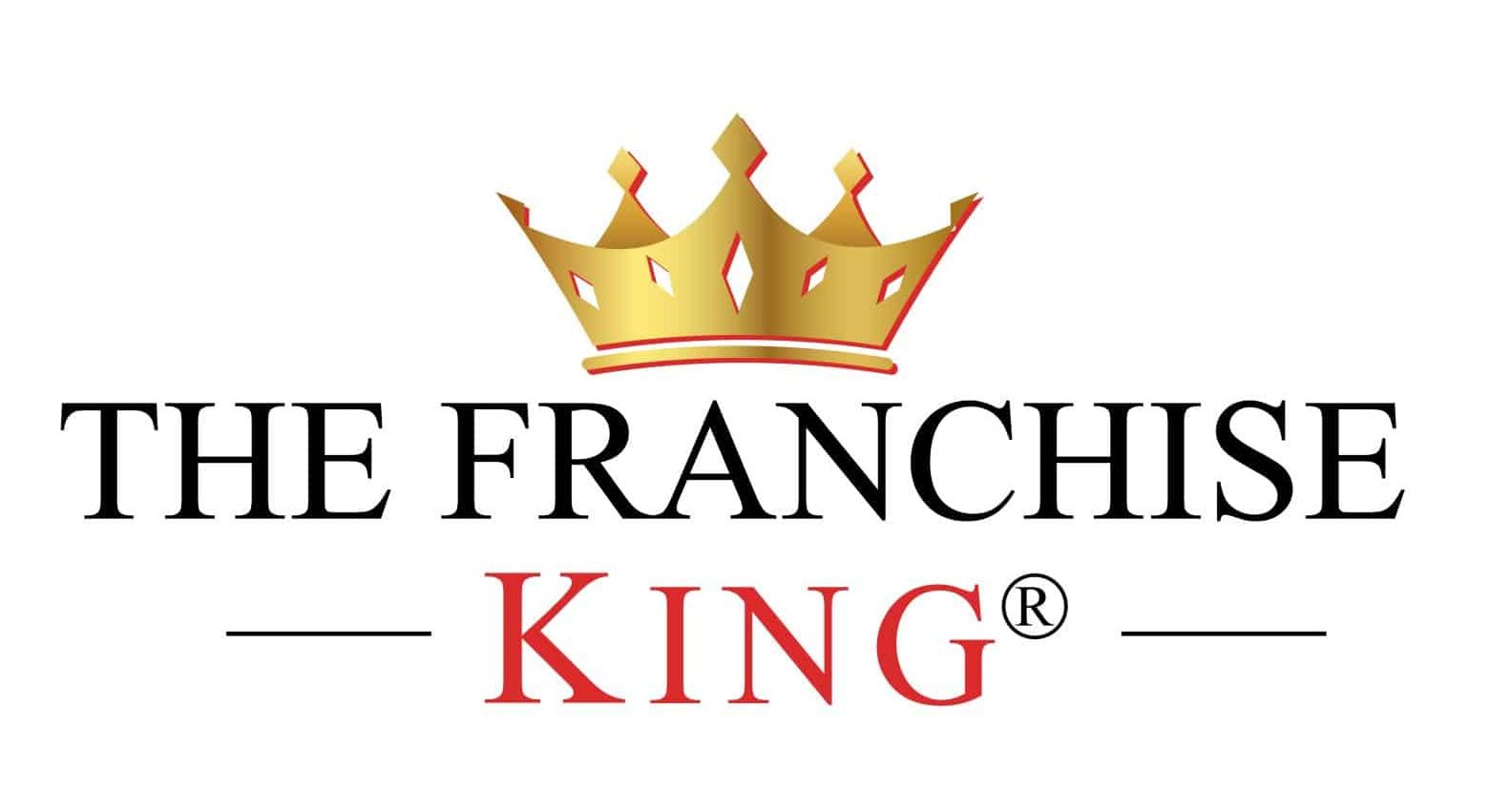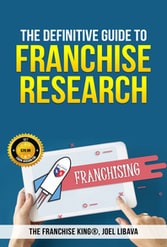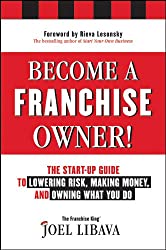
By Kareem S. Nassar, CEO of American QSR
On April 1st, California Governor Gavin Newsome signed into law a bill that hiked the minimum wage of fast-food employees to $20 per hour from $16 per hour. As you might expect, any law that bumps salaries 18-25% would have its advocates and detractors. Let’s dig into this a bit.
California’s Historic Minimum Wage Increase: Good For Workers But Bad For Business
PRO: It’s great for workers, and what’s good for workers should be good for business.
CON: Any sudden increase in overhead is bad for businesses, especially those so dependent on low-cost help.
But at that time, the discussions were theoretical, crystal ball speculations about what might happen after the biggest wage increase in the history of Quick Service Restaurants (QSR’s) took effect in a state where food and labor prices were already among the highest in the U.S.
So, here we are, nearly two months later. The receipts are in, most monthly balance sheets are settled, and the salaries for April and most of May have been paid. Where do we stand now?
How QSR Operators Are Feeling About Higher Wages Thus Far
It’s counter-productive. Hiking meal prices hurts consumers and operators.
And woe to the restaurateurs who simply passed along the wage increase, whether raising prices across the board or bundling them into deals and promotions.
Notably, you can’t disguise a price hike.
Consumers know a pinch when they feel one in their pockets. And that has resulted in many businesses seeing declines in transactions.
If we QSRs are a customer’s answer to inflation, or to companies capitalizing on the trend with random increases, we shouldn’t be surprised when consumers push back.
For many, we are the last resort, the reliable answer to everything else going up. And they have responded by reducing QSR visits. When they do come, we’ve seen shrinking average checks as they sacrifice certain items.
In short, hurting the consumer by expecting them to pay more only hurts the restaurant operator.
On Employee Morale
Cutting staff hours. Injuring overall morale
Another tactic many QSRs have resorted to has been to cut hours.
Restaurants are running shifts with half the number of team members as before the wage hike. But, of course, the volume of work doesn’t shrink with the staff remaining on the floor.
Thus, businesses already running at capacity are stressing out whoever is picking up the slack. And many employees report that the increase isn’t worth the additional stress, many choosing leaving their jobs.
Given that, in an economy where the labor market is tight, this is the wrong time to lose or cut staff.
QSRs And Wage Increases: QSRs As An Economic Indicator
Many affected companies have closely followed this legislation and planned for its impact. However, many are uncertain about its application or mistakenly assume it does not apply to them.”
QSRs are known for being economic indicators. In good times or bad, we are the canary in the coal mine, exposing the flaws in the system. In this case, they’re not going well.
The bottom line is that many franchisees want to leave California and stake their futures in other states. What are our options?
One is to train and cross-train employees to develop versatile skills.
Wage increases allow less room for unproductive work. More than ever before, time is money.
So, the most valuable team members will also be the most versatile. This necessitates comprehensive training and new cross-training programs for employees to adopt diverse skills. Versatility increases productivity, quality, and time management. That creates a more efficient and successful workplace.
Another thing QSRs can so is recruit and retain to create a positive work culture and reduce turnover.
In fact, a well-implemented training program has an additional benefit: happier and more competent employees who are less likely to leave. And as all QSR operators (franchisees) know, high turnover rates impact the bottom line.
For example, new employees need time to learn the system and make mistakes. That slows down operations. By hiring wisely and fostering a positive work environment, it’s possible to retain good employees longer.
In summary, the success of the business ultimately relies on the talents of the staff, which starts with effective training.

(Kareem S. Nassar is CEO of American QSR. He has decades of QSR experience, most recently as the Chief Operating Officer overseeing 210 locations under the Taco Bell, KFC, and Pizza Hut brands.)
(Popeys image courtesy of Wikimedia. https://commons.wikimedia.org/wiki/File:Popeyes_Louisiana_Kitchen_%2851195358373%29.jpg)
About the Author
The Franchise King®, Joel Libava, is a leading franchise expert, author of "Become a Franchise Owner!" and "The Definitive Guide to Franchise Research." Featured in outlets like The New York Times, CNBC, and Franchise Direct, Joel’s no-nonsense approach as a trusted Franchise Ownership Advisor helps aspiring franchisees make smart, informed decisions in their journey to franchise ownership. He owns and operates this franchise blog.
Note: When you buy through links on this website, we may earn an affiliate commission.









